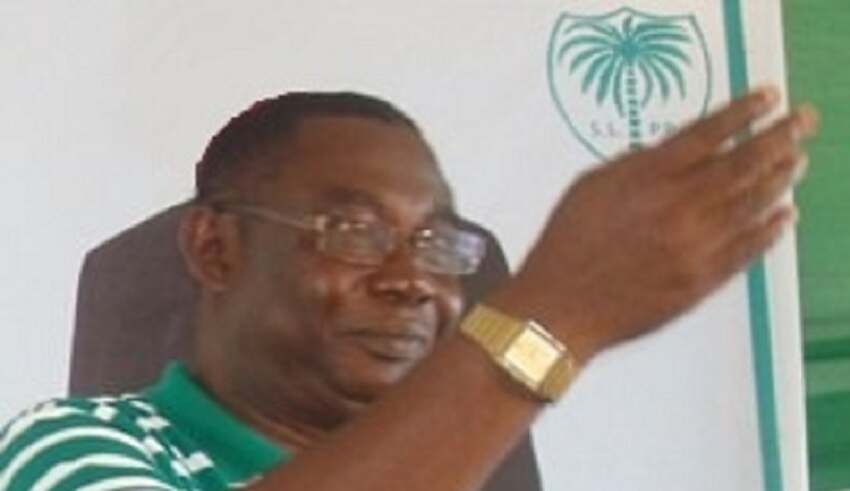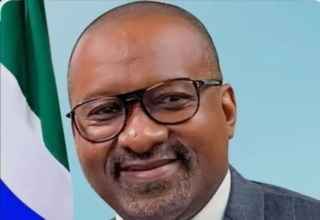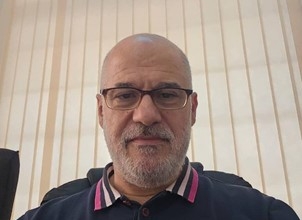
As predicted, the Supreme Court has delivered its verdict in favour of a PR system. There was absolutely no reason whatsoever for a country emerging from a brutal war, having rationally decided to adopt a PR system of voting in 2002 with a constitutional mandate, to revert to a first past the post system.
There are enough obvious reason and the examples abound of countries that have leaped frogged into development and political stability when they have adopted the PR system.
Moreover, a district block PR system where Members of Parliament are chosen as a block to represent their districts is a political arrangement that fits naturally with the current local council representation. It provides an opportunity for MPs to work collectively for their district, but more so to work in tandem with the local councils, serving as a parallel upper layer, for all district political and development programmes.
By and large, the PR system presents the SLPP with the opportunity to repeat the election success of 2002 when it won 83 seats, spread across the country, in a 112 member parliament and to repeat the local council success of 2004 when it also won 14 of the 19 local councils present then, even though the latter was not done by PR. The party has no choice, but to seize the opportunity of these elections to have a firm grip on governance and press ahead with the development strides it has initiated.
The ECSL has now allocated parliamentary and local council seats to every district according to its guidelines. Political parties will then be expected to submit lists of nominated candidates ranked according to the parties’ priorities.
In my opinion, and as I stated in my last submission, selection of candidates should be done by those that the party constitution has authorised to do so. That is the sections/zones, wards, chiefdoms and constituencies. And in conformity with the District Block PR process, the party should arrange to rank candidates in each electoral district in order of priority, bearing in mind the new Gender Empowerment Act that has recently been passed.
RANKING is the critical hurdle that will challenge the integrity and resolve of party leaders at the various levels in the delivery of a clean and fair District Block PR system in the elections. Whoever comes first on the list, and those in the middle and the last can only be determined by rational and transparent criteria.
Already clouds are gathering, forewarning of potential political storms in some districts. Accusations against district chairmen have started flying. In some districts, very senior stakeholders are spearheading intra-party factions with the sole aim of positioning allies sufficiently high up in the parliamentary and local council lists to ensure easy entrance into the various organs within the district. This may lead to a potentially treacherous and unhealthy struggle of climbing the parliamentary and local council “ladder”.
The party leadership must move quickly to forestall this potential “snake and ladder” game. Fortunately a National Executive Council (NEC) has just been slated for 10th March. It will be, in my opinion, a brilliant opportunity to put in place robust mechanisms supervised by party leadership to address these concerns. It will pre-empt and forestall any sinister plans.
Without prejudicing the party’s process of choosing candidates, we should remind ourselves of the role expected of an MP. An MP is a law maker, an advocate for the rights, freedoms and entitlements of his people, a defender of the constitution and other laws of the country, etc. And in the case of the SLPP, a ruling party, an MP should be capable of defending the government’s agenda at all times. Those eventually selected must have the capacity to perform these roles. Party officials charged with the responsibility to select and rank aspirants must therefore be mindful of their responsibility to ensure that the candidates they chose fit the bill.
Party stakeholders and members should also be properly briefed to know the critical difference between the first past the post system and the PR system. They should understand that while in the first past post system, a single vote is enough for a winner to emerge, no matter the total votes cast, in the PR system, every single vote is critical because it is the volume or total number of votes that the party gets at district level that determines its number of seats in that district.
For MP aspirants, once you are selected as a parliamentary candidate, it does not matter which part of the district you are selected from, all votes in that district are very critical to your title as an MP. It is the proportion of votes that the party gets in that district in relation to the votes of other parties that ultimately determines whether or not you go to Parliament. The same goes for the local council candidates. It is this nature of the PR system that underlines the need for the party to be wholly united. It behoves party members to bury their differences and their personal ambition and galvanise their interests at district level and work together to ensure more votes and therefore more seats.
Party women ought to be reminded that the PR system ties in very well with the opportunity created in the new Gender Empowerment Act. It is a brilliant opportunity for women and they should therefore redouble their efforts in campaigning for party victory. It is also an excellent opportunity to start creating more room for youth and for special and minority groups within the political spectrum.
By Hon Alhaji Momodu Koroma
Former Deputy Leader
Distinguished Grand Chief Patron
Sierra Leone Peoples Party














